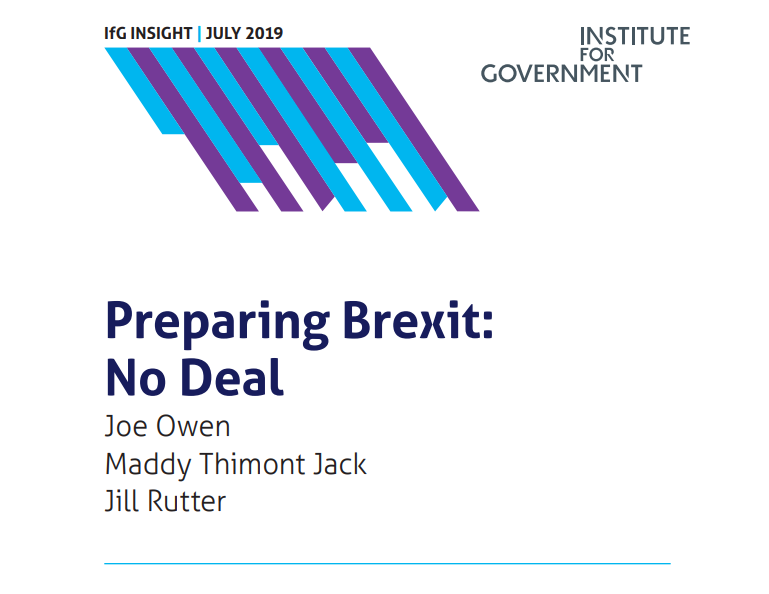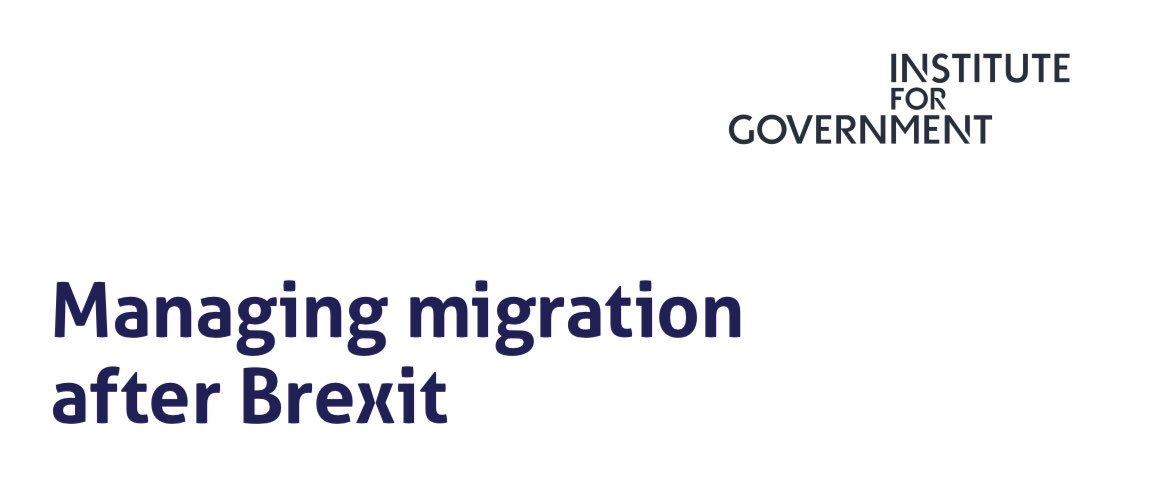Still surprising that the thing that is driving no deal (irish border) is the area where government seems furthest from having a remotely credible no deal plan (irish border)
On a temporary basis it will do nothing - no checks, controls or customs.
But it has two massive problems:
1. It's temporary
2. It only fixes half of the issue - one side of border
Well HMG seem to be working on broad assumption they've got about 12 months. After that they could get in trouble - not least with trading partners/WTO
In terms of what replaces it - a deal
And the proposed approach on EU side under no deal means huge problems for Northern Irish traders.
N.I goods going south face tariffs, paperwork - compliance and costs.
Meanwhile UK's plan means goods can enter N.I from ROI with no new costs or compliance
This asymmetry is where you get some of the govt's yellowhammer assumptions about 'direct action'.
Most businesses want to trade legitimately & comply with the rules.
They aren't going to not pay tariffs because someone isn't at the border checking.
In some cases they will be part of bigger EU supply chains. Their customers v likely to just say - no thanks, too risky.
Not least because the EU/Ireland have left it very uncertain as to how any businesses would actually have to comply with rules after October 31.
That's difficult for lots of reasons. Not least the fact that EU membership puts obligations on them that they won't want to break.
But whats to stop UK trade re-routing into the Single Market through Ire?
If you read the detailed mapping negotiators did in 2017 against the UK's high level no deal mitigation it's pretty stark.
But if anyone disagrees then please 👋
instituteforgovernment.org.uk/publications/p…










